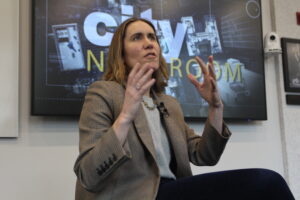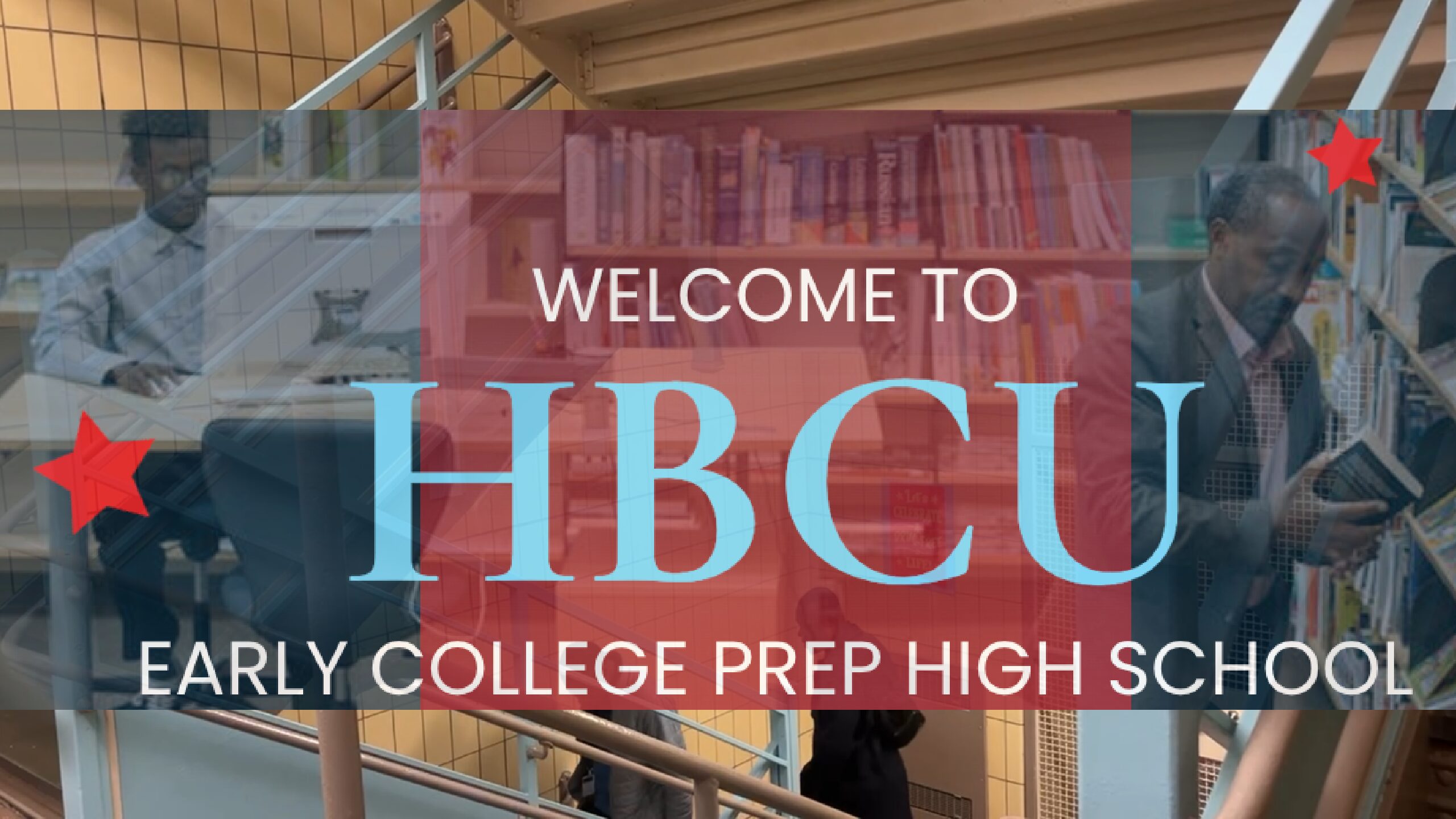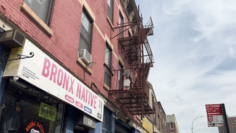The American press is facing setbacks in the wake of the second Trump administration.
“I am in a very dark place right now,” an emotional Grace Rauh said during an exclusive City Newsroom interview in early February. “A dark place about what’s happening to journalists in particular.”
Rauh, executive director of the policy-driven 5Boro Institute and former NY1 News political reporter, is sounding the alarm about President Donald Trump’s impact on journalism in the United States.
Just in the last year, Trump has filed multiple lawsuits against major media organizations. In March 2024, while running for the office, he sued ABC News for defamation. After winning the election, the company settled, agreeing to pay $15 million to the Trump library. The president is also suing CBS over a “60 Minutes” interview with former presidential candidate Kamala Harris. He claims the network manipulated the segment to make the former vice president look good.
Rauh, who covered Trump’s first presidential campaign as a journalist, expressed concern about the “horrible precedent” media organizations set when settling these lawsuits instead of fighting them, especially when these are “completely frivolous” and “meant to intimidate and silence the press.”
Also, the White House is now barring The Associated Press journalists from Air Force One and the Oval Office. Trump administration officials announced that this was in response to the AP refusing to change in its stories “Gulf of Mexico” to “Gulf of America,” the new name recently adopted by executive order.
“It feels like this bright line for journalism is being crossed,” Rauh said. “The role of the free press in this country is an extension of our democracy and a hugely important democratic institution.”
Back in 2016, while working as a New York City political journalist, Rauh sued then Mayor Bill de Blasio after his administration denied her a Freedom of Information Law request. De Blasio was granting administration access to an advisor who was not an employee of the city, and Rauh sought to obtain the written communications between de Blasio and the advisor.
She won the case two years later—a “victory for the press and a clear rebuke of attempts to govern in the shadows,” she recently wrote on Instagram.
Rauh now sees similarities between the role of the outside advisor in the de Blasio administration and that of Elon Musk in the Trump administration. “Elon Musk has been handed an unimaginable amount of power in the federal government and budget and policy,” she said. Rauh called the checks on his power “non-existent.” And she also finds the Department of Justice (DOJ) directive to temporarily dismiss corruption charges against current New York City Mayor Eric Adams “problematic.” Adams is currently running for reelection.
“It’s a really alarming development for our democracy,” Rauh said. “It’s deeply concerning on many levels.”

The move has drawn calls for Adams’ resignation or removal, bringing increased attention to the ongoing mayoral race.
“This election could easily be defined by who is going to stand up, be the best kind of foil against President Trump in the Democratic primary,” Rauh said.
Rauh said the federal government’s relationship to NYC will “loom large over this race, which is an appropriate conversation to have. But we want to make sure it doesn’t come at the expense of these other issues that are really top of mind for New Yorkers.”
Her organization has just released “The People’s Pulse,” a report detailing New York City voters’ concerns this election year. Of over 3,000 New Yorkers surveyed, 48% had considered leaving, citing affordability concerns as the main cause. The polling also found mental health and public safety as top concerns.
“If we unearth the views of New Yorkers, and then use the results of the study to try and drive conversation,” Rauh said, “they will be more likely to engage and ideally more likely to participate in these elections.”









